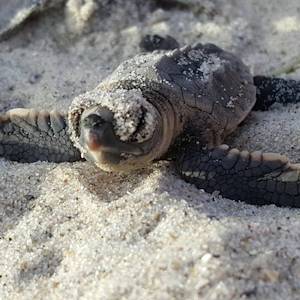The Fish Market
Personal memory by Peter Smith
1960 • Aberdeen, UK
In the 1950s when I was a young boy, we would take our visitors to the Fish Market in Aberdeen, NE Scotland, in the early morning when the trawlers came in with their catch from the North Sea. The Market was a half-mile long quay and every daywas laden with fish, so many fish of all types: cod, haddock, herring. Lively auctions were underway and then the fish would be taken to gutting sheds and fillited and packed in ice to go south to Edinburgh or even London. Or to the local fish-and-chip shops. Herring were dyed and smoked in large tall sheds to give us succulent kippers. Thirty years later, on a visit to Aberdeen, I took my own children down to see the market. "We have to get up really early" I said, which was met by lots of grumbling. "But it's worth it". So off we went down to the Fish Market at around 6 am, and to my surprise - it was empty. No fish, no trawlers, no auctions. The sea had literally been fished out. My children were not impressed. I was shocked. I know change is inevitable and thirty years is a long time, so we would expect significant differences, but to crash from plenty to nothing is still awful; and this story is not unusual as the same loss is repeated in most fishing arreas of the world.
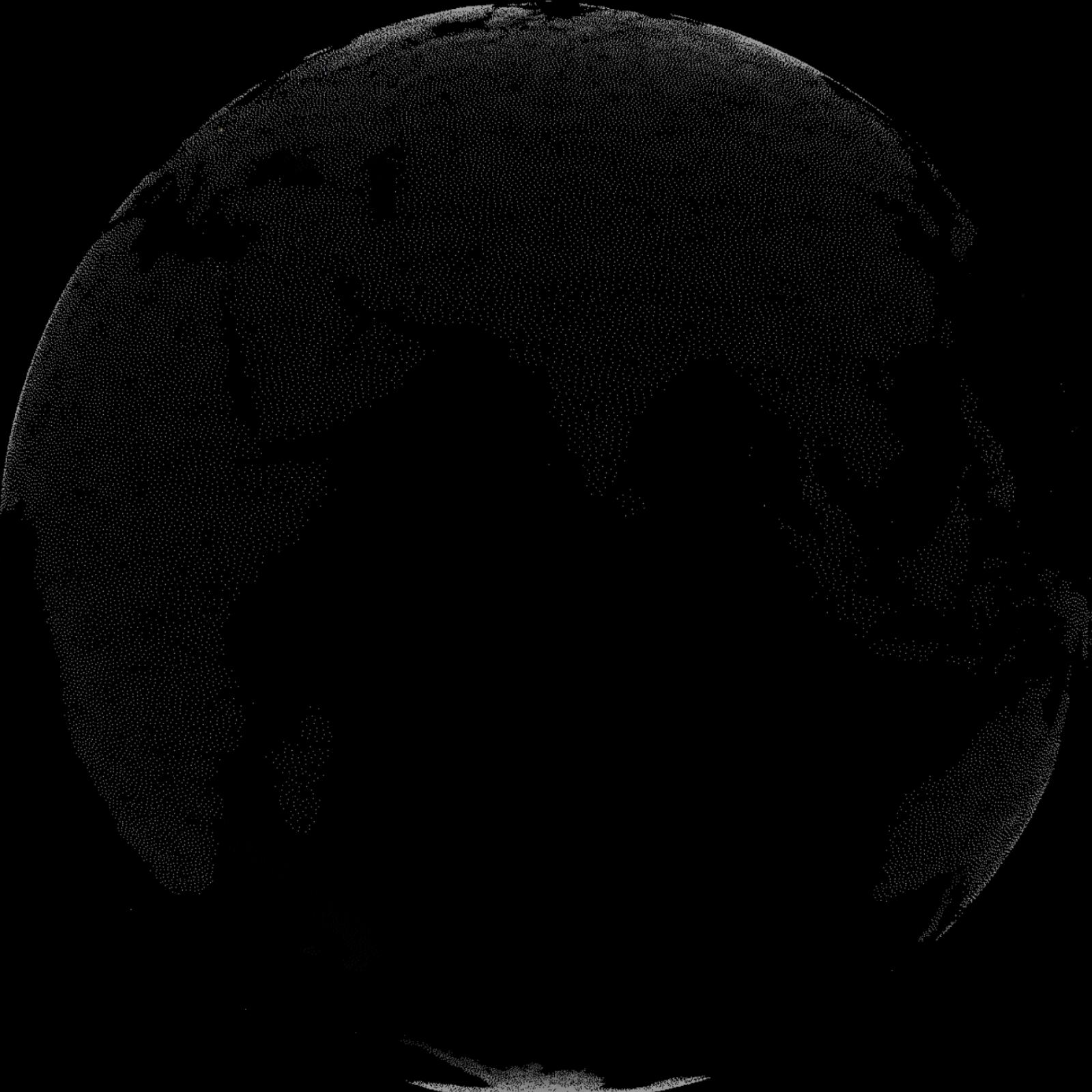

Learn about Maya Lin’s fifth and final memorial: a multi-platform science based artwork that presents an ecological history of our world - past, present, and future.
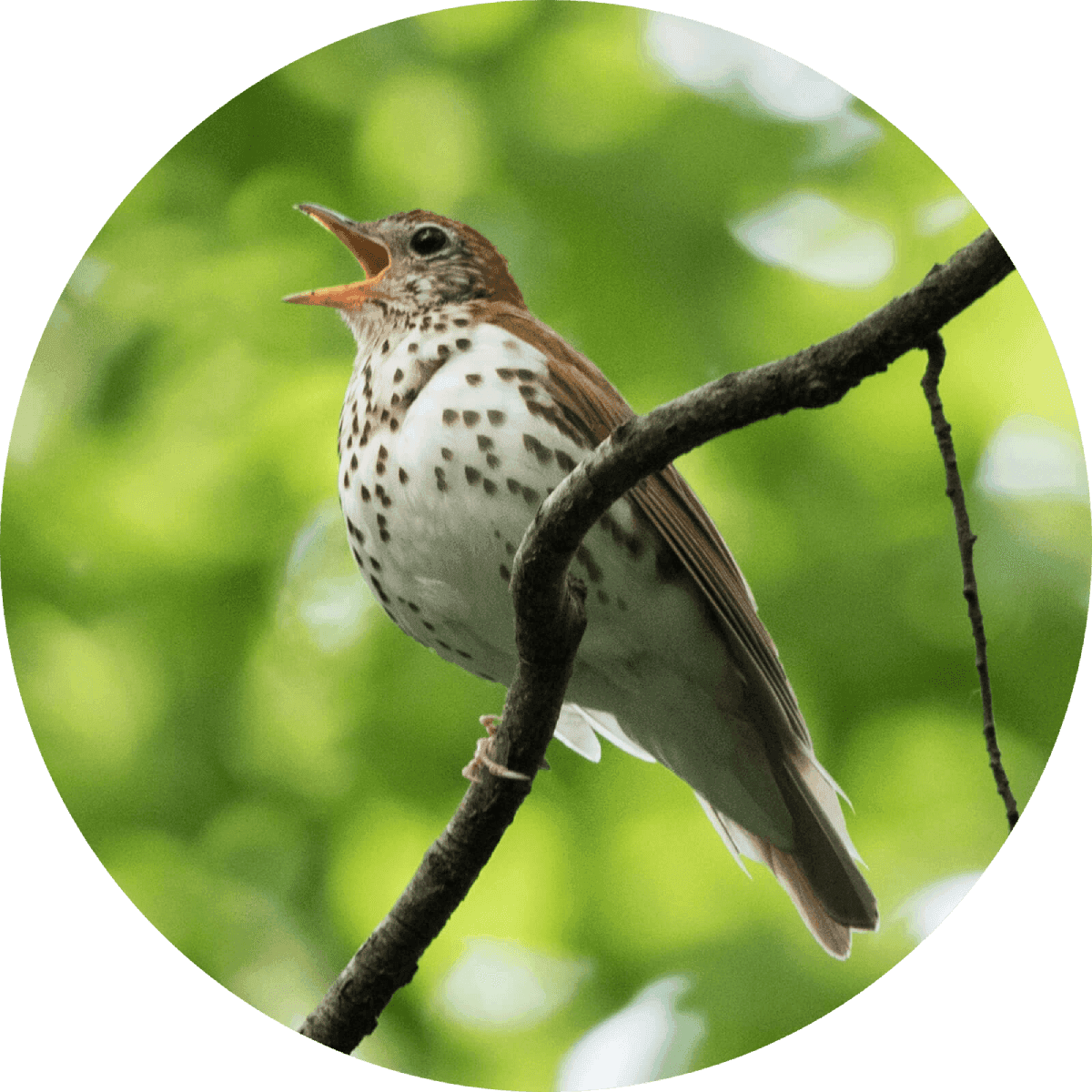
Discover ecological histories and stories of former abundance, loss, and recovery on the map of memory.
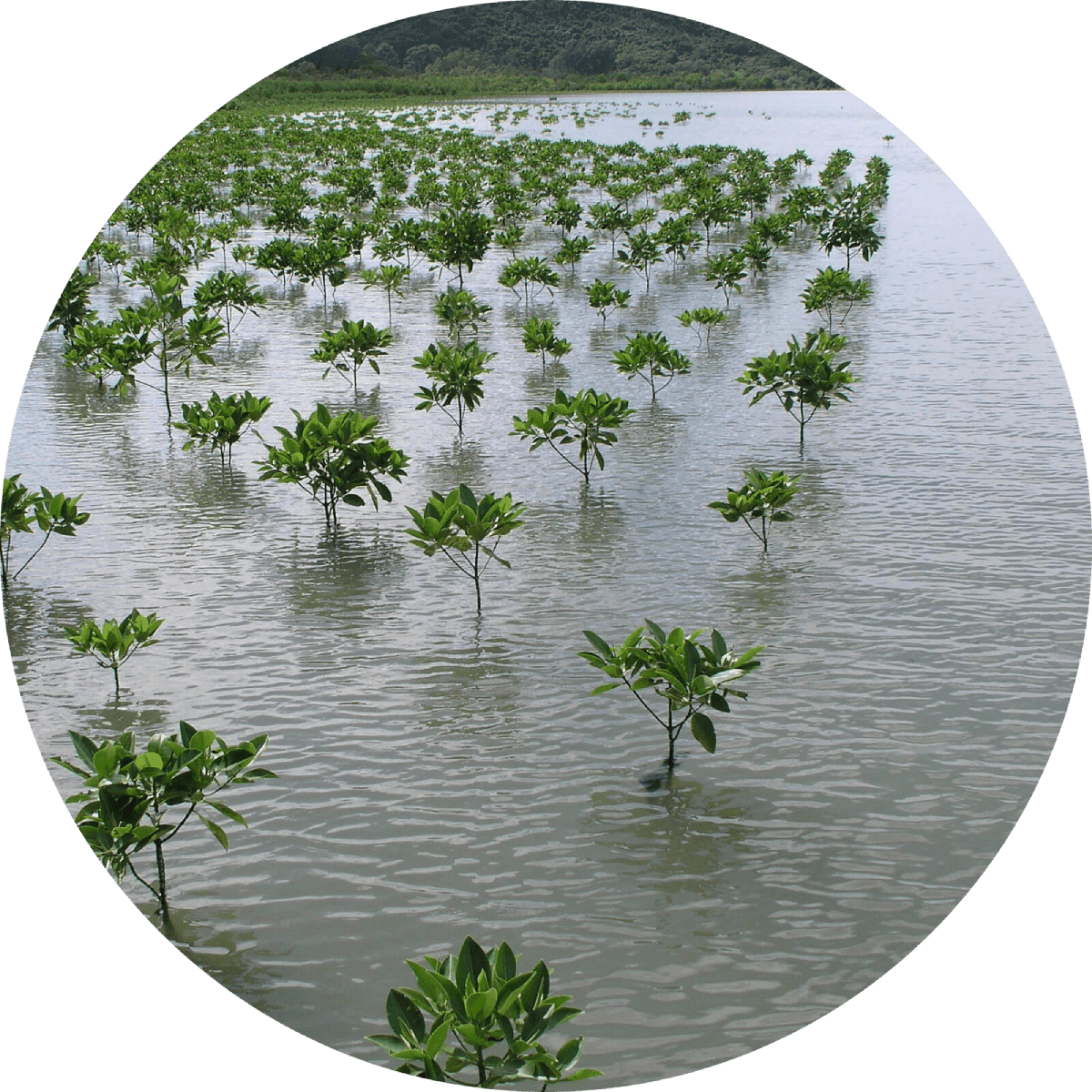
Learn how we can reduce our emissions and protect and restore species and habitats – around the world.

See how art can help us rethink the problems we face, and give us hope that each one of us can make a difference.
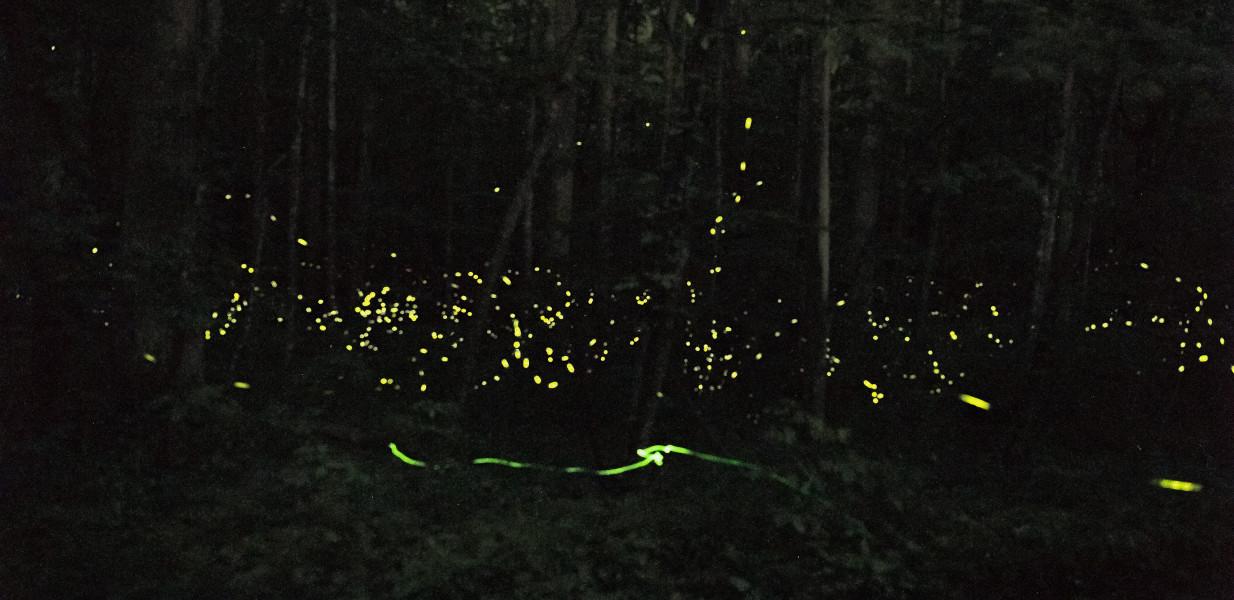
Help make a global memorial something personal and close to home. Share your stories of the natural world.
